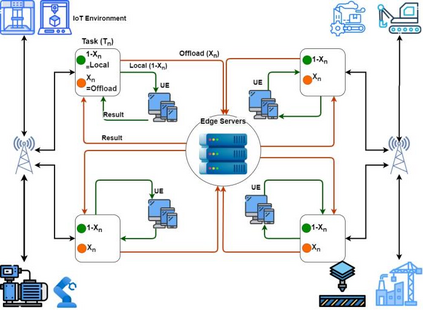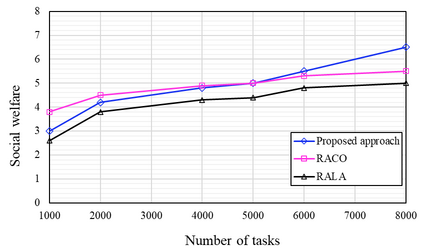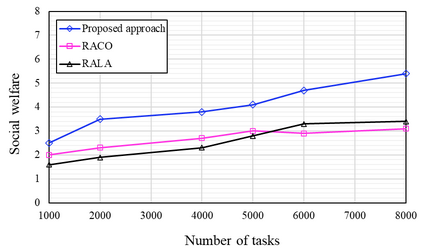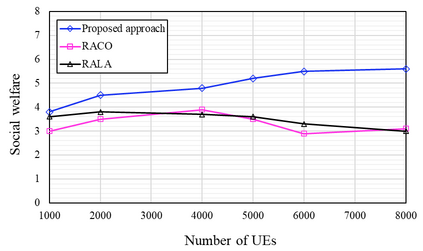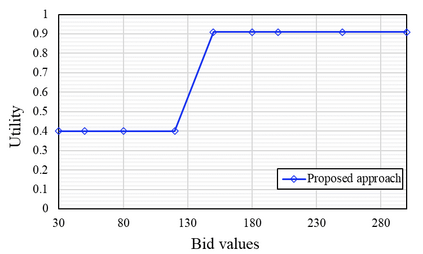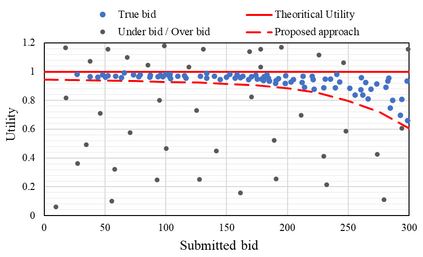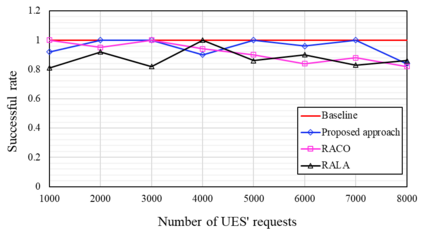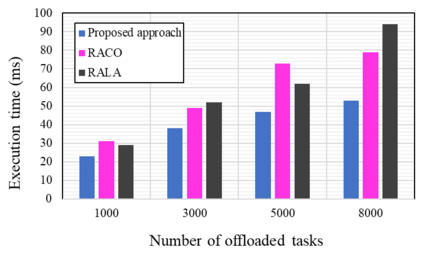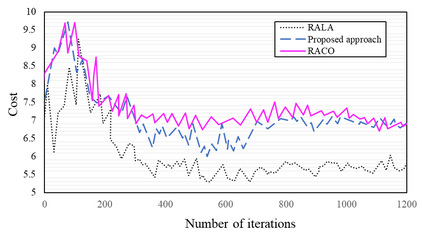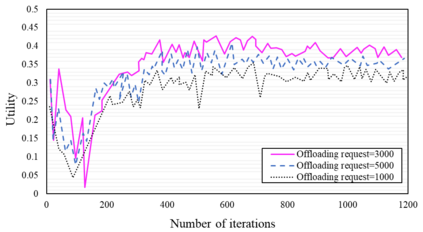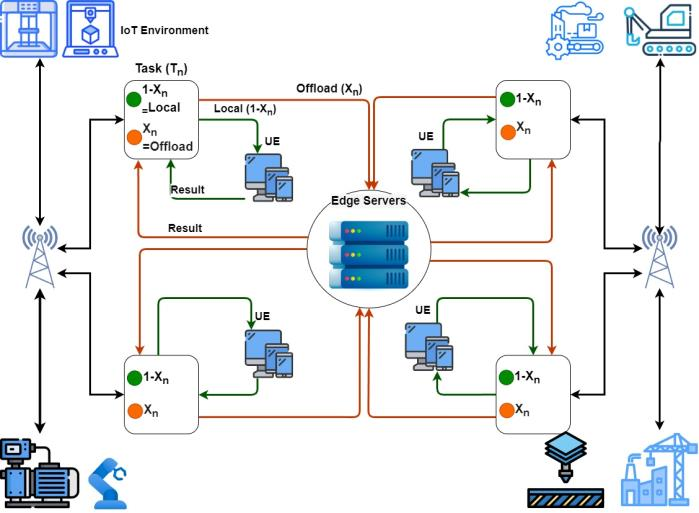Delay-sensitive Internet of Things (IoT) applications have drawn significant attention. Running many of these applications on IoT devices is challenging due to the limited processing resources of these devices and the need for real-time responses. Task offloading can minimize latency by transferring computationally intensive tasks from IoT devices to resource-rich edge servers, ensuring delay and performance guarantees. In this paper, we develop a task-offloading approach for delay-sensitive IoT applications in edge computing environments. Unlike existing schemes, we model the task offloading problem as an economic demand and supply model to achieve market balance. The proposed model avoids under- and over-supply, ensuring the computational resources at edge servers (supply) are allocated in a manner that best meets the processing and computational needs of user devices (demand). Given the multi-agent nature of task offloading involving users and service providers with different preferences and objectives, we design a game-theoretic framework using a Vickrey-Clarke-Groves (VCG) auction. This framework analyzes agent interactions and decision-making processes. Additionally, we develop an incentive mechanism to encourage both parties to participate in the auction. The mechanism maximizes user task offloading to edge servers and motivates edge servers to share their computational resources, achieving profitability for both IoT users and edge servers. Simulations demonstrate our method maximizes social welfare, ensures truthfulness, maintains market balance, and provides latency guarantees for delay-sensitive IoT applications.
翻译:暂无翻译

